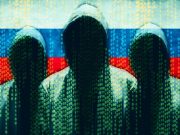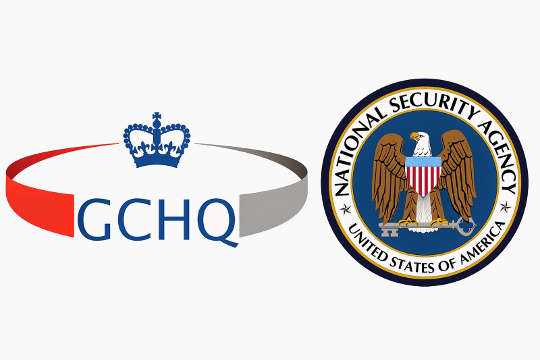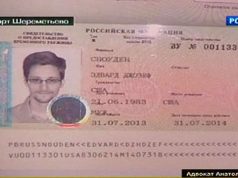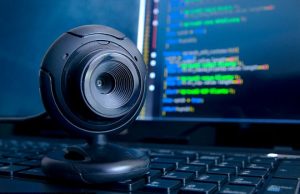The Intercept published a report on the efforts of the NSA and GCHQ to compromise security software vendors.
The National Security Agency and its British counterpart, Government Communications Headquarters, have worked to subvert anti-virus and other security software in order to track users and infiltrate networks, according to documents from NSA whistleblower Edward Snowden.
The spy agencies have reverse engineered software products, sometimes under questionable legal authority, and monitored web and email traffic in order to discreetly thwart anti-virus software and obtain intelligence from companies about security software and users of such software. One security software maker repeatedly singled out in the documents is Moscow-based Kaspersky Lab, which has a holding registered in the U.K., claims more than 270,000 corporate clients, and says it protects more than 400 million people with its products.
British spies aimed to thwart Kaspersky software in part through a technique known as software reverse engineering, or SRE, according to a top-secret warrant renewal request.
The NSA has also studied Kaspersky Lab’s software for weaknesses, obtaining sensitive customer information by monitoring communications between the software and Kaspersky servers, according to a draft top-secret report.
The U.S. spy agency also appears to have examined emails inbound to security software companies flagging new viruses and vulnerabilities.
The efforts to compromise security software were of particular importance because such software is relied upon to defend against an array of digital threats and is typically more trusted by the operating system than other applications, running with elevated privileges that allow more vectors for surveillance and attack.
Spy agencies seem to be engaged in a digital game of cat and mouse with anti-virus software companies; the U.S. and U.K. have aggressively probed for weaknesses in software deployed by the companies, which have themselves exposed sophisticated state-sponsored malware.
































